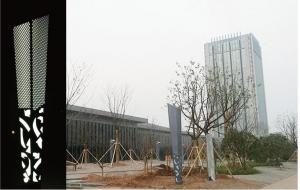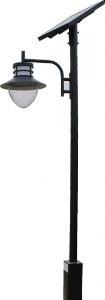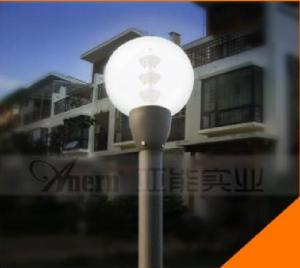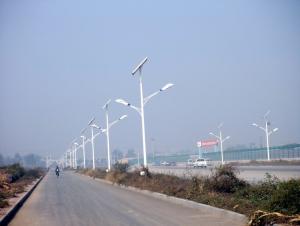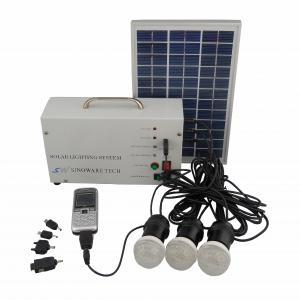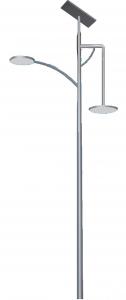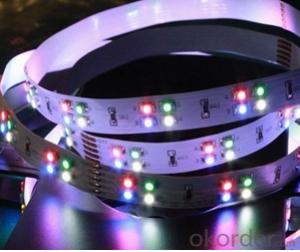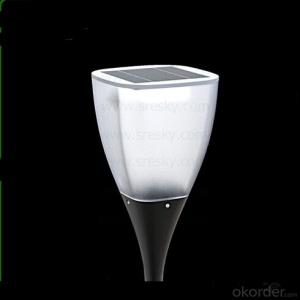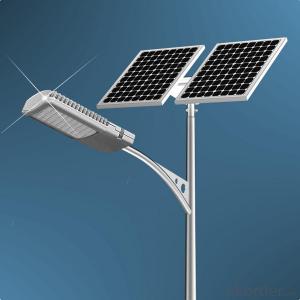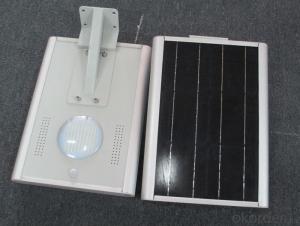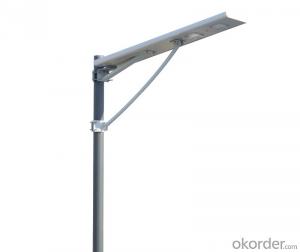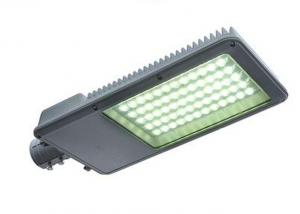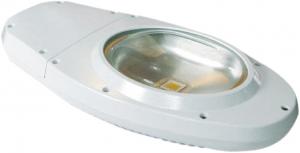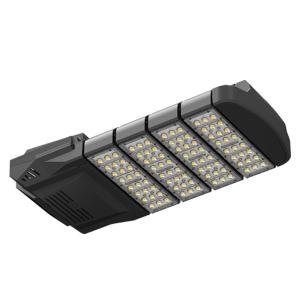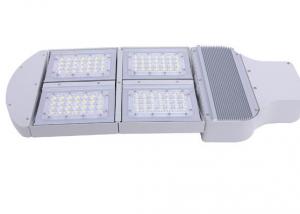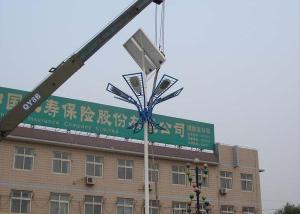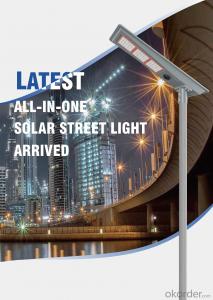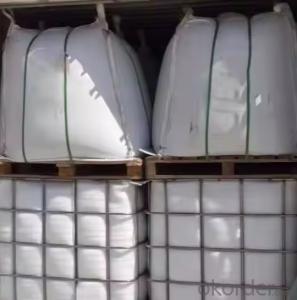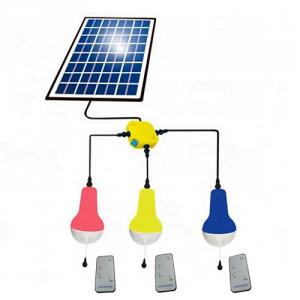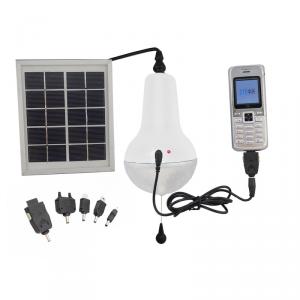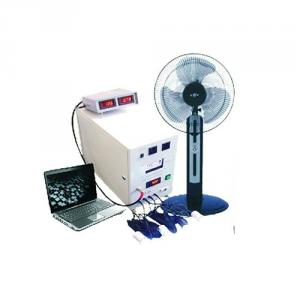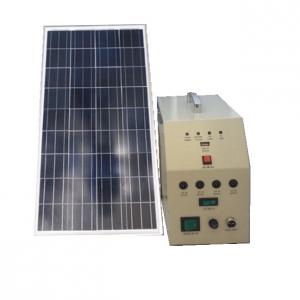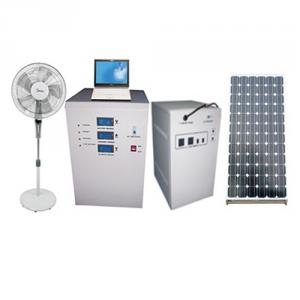LED Garden Light8W
OKorder Service Pledge
OKorder Financial Service
You Might Also Like
LED garden light
futures:
Over 50,000Hrs mean time between failures(depends on environment).
Superior color rendering index up to 90,near daylight quality.
Lamp Luminous Efficiency up to 100lm/w.
what we can offer:
1.Your inquiry related to our products or prices will be replied immediately.
2. Professional service from well-trained and experienced staffs is customers’ best choice to secure good
communication, on time delivery, reliable warranty etc.
3. OEM is available for Anern Products.
FAQ
Q:Are you manufacture or trading company
A:we are group company with facotries.
Q:Required mainly certificated?
A:Our product are certified by CE RoHS,IEC,C-tick etc.
Q:Your mainly export market?
A:The main market of our product is South-east Asia,Mid east,Africa, east Europe and latin America
Q:your main product produced?
A:solar section:solar street light, LED section:LED street light
| LED Power | 8W | LED model | DZC-04 |
| solar module | 30W | battery | 30AH |
| Lifespan | more than50,000hrs | Warranty | 3 years |
| controller | 12V5A | reliability | 100% light over year |
- Q:Can solar lights be used in conjunction with a generator?
- Solar lights can indeed be utilized alongside a generator, a practice that can yield a superior and dependable lighting solution. Solar lights depend on harnessing the sun's energy to charge their batteries. Consequently, during daylight hours, they can absorb sunlight to accumulate energy. Once night falls, this stored energy is employed to fuel the lights. Nevertheless, in scenarios where weather conditions are overcast or the solar lights do not receive adequate sunlight, the generator can serve as a backup power supply to guarantee uninterrupted lighting. This amalgamation offers versatility and ensures the availability of lighting alternatives, even in situations where sunlight may be scarce.
- Q:How do solar lights provide illumination in off-grid locations?
- Solar lights provide illumination in off-grid locations by harnessing energy from the sun through photovoltaic panels. These panels convert sunlight into electricity, which is then stored in batteries for later use. When the sun sets, the stored energy powers the LED lights, providing illumination without the need for a direct electrical connection or traditional power sources. This makes solar lights a sustainable and reliable lighting solution in remote or off-grid areas.
- Q:How do solar lights handle electromagnetic interference from nearby structures?
- Solar lights are designed to handle electromagnetic interference (EMI) from nearby structures to some extent. However, the level of interference they can tolerate may vary depending on the specific design and quality of the solar light. EMI can be generated by various sources, such as power lines, electrical equipment, and even wireless communication devices. These electromagnetic waves can potentially affect the functionality and performance of solar lights. To mitigate the impact of EMI, solar lights are usually equipped with shielding mechanisms and filters. These components help to minimize the electromagnetic radiation that can interfere with the internal circuitry of the light. Furthermore, solar lights are often designed with robust circuitry that can withstand a certain level of interference. This includes the use of high-quality components and proper grounding techniques to minimize the impact of EMI. However, it is important to note that solar lights may not be completely immune to all types of electromagnetic interference. In cases where the nearby structures generate particularly strong or specific frequencies of EMI, it is possible for the solar lights to experience some level of disruption or interference. To ensure optimal performance and minimize the impact of EMI, it is recommended to install solar lights in locations that are not in close proximity to strong sources of electromagnetic radiation. Additionally, regular maintenance and inspection of the lights can help identify any potential issues caused by nearby structures and allow for appropriate remedies to be implemented.
- Q:How do solar lights handle electromagnetic fields?
- Solar lights are not affected by electromagnetic fields as they do not require electricity from an external power source. They operate solely on solar energy, converting sunlight into electricity, which is stored in a battery for later use. Therefore, electromagnetic fields do not interfere with their functionality.
- Q:How do I dispose of solar lights properly?
- When it comes to disposing of solar lights properly, it is important to follow certain steps to ensure the safety of both the environment and yourself. Here are some guidelines to help you dispose of solar lights responsibly: 1. Reuse or repair: Before considering disposal, check if the solar lights can be repaired or if any components can be salvaged for future use. If the lights can still function with minor repairs, it is best to extend their lifespan by reusing them. 2. Battery removal: The most critical component to address when disposing of solar lights is the battery. Solar lights typically use rechargeable batteries, which can contain toxic chemicals. Start by removing the battery from the light following the manufacturer's instructions. If the battery is still functional, consider recycling it separately (more on that below). If it's dead or damaged, proceed to the next step. 3. Separate the components: After removing the battery, separate the different components of the solar light. This may include the solar panel, LED lights, wiring, and other parts. By separating these components, it becomes easier to dispose of them appropriately. 4. Recycling: Many components of solar lights can be recycled. Check with your local recycling center or municipal waste management authority to determine if they accept solar lights for recycling. In some cases, they may have specific drop-off points or guidelines for recycling electronic waste. If recycling options are not available locally, search for specialized recycling programs or mail-in services that accept solar lights for proper disposal. 5. Hazardous waste disposal: If your local recycling center or waste management authority does not accept solar lights, treat them as hazardous waste. Contact your local government or environmental protection agency to inquire about hazardous waste disposal options in your area. They will provide guidance on how to dispose of the lights safely, ensuring that any toxic components are handled appropriately. 6. Educate others: Spread awareness about proper solar light disposal methods to friends, family, and neighbors. Encourage them to follow the same guidelines and promote responsible waste management practices. Remember, the goal is to minimize the environmental impact of solar light disposal and prevent any potential harm caused by toxic components. By following these steps, you can ensure that your solar lights are disposed of in an environmentally friendly and responsible manner.
- Q:Are solar lights resistant to dust or dirt?
- Solar lights are typically able to resist dust and dirt. They usually have a protective covering on their solar panels to prevent dust and dirt from gathering, as this could hinder their ability to absorb sunlight. Furthermore, the light fixtures are designed to be weatherproof and sealed, so dust and dirt cannot enter and impact their performance. Nevertheless, it is worth noting that dust and dirt can still build up over time, which might lower the efficiency of the solar panels and the brightness of the lights. Therefore, it is recommended to periodically clean and maintain the solar lights to ensure they function at their best.
- Q:How do solar lights handle electromagnetic noise?
- Solar lights are designed to handle electromagnetic noise in a way that minimizes its impact on their functionality. Electromagnetic noise, also known as electromagnetic interference (EMI), can be caused by various sources such as nearby power lines, electrical equipment, or even other electronic devices. To mitigate the effects of electromagnetic noise, solar lights are typically equipped with electromagnetic shielding. This shielding is made of materials that can absorb or reflect the electromagnetic waves, preventing them from interfering with the light's internal components. Additionally, solar lights are often designed with proper grounding and filtering techniques to reduce the impact of electromagnetic noise. Grounding helps to direct any unwanted electrical currents away from the light's sensitive components, while filtering techniques involve the use of filters and capacitors to block or remove unwanted frequencies. Furthermore, manufacturers of solar lights test their products for electromagnetic compatibility (EMC) to ensure that they meet specific standards and regulations. This testing involves exposing the lights to electromagnetic noise and assessing their performance and resilience against interference. Overall, solar lights are engineered to handle electromagnetic noise to a certain extent, and their design and construction include features that minimize its impact. However, it is important to note that excessive or extremely strong electromagnetic noise may still have some effect on the performance of solar lights, albeit to a lesser extent than non-shielded electronic devices.
- Q:Are there solar lights with built-in timers?
- Yes, there are solar lights available in the market with built-in timers. These solar lights are designed to automatically turn on and off at specific times, using the built-in timer function. This feature allows you to customize and control the lighting schedule according to your preferences and the specific needs of your outdoor space. Some solar lights may offer different timer options, such as setting them to turn on at dusk and automatically turn off after a certain number of hours, or having them turn on and off at specific times of the day. The built-in timer function adds convenience and energy efficiency to solar lighting, making it a popular choice for outdoor lighting solutions.
- Q:Are solar lights compatible with different power voltages?
- Yes, solar lights are generally compatible with different power voltages as they do not rely on being connected to a power grid. Instead, they use solar panels to convert sunlight into electricity, making them suitable for various voltage systems.
- Q:Are solar lights suitable for outdoor concert or performance lighting?
- Yes, solar lights are suitable for outdoor concert or performance lighting. They are portable, easy to set up, and do not require an electrical power source, making them convenient for outdoor events. Additionally, solar lights can provide sufficient illumination for small to medium-sized outdoor spaces, enhancing the overall ambiance of the concert or performance.
1. Manufacturer Overview |
|
|---|---|
| Location | |
| Year Established | |
| Annual Output Value | |
| Main Markets | |
| Company Certifications | |
2. Manufacturer Certificates |
|
|---|---|
| a) Certification Name | |
| Range | |
| Reference | |
| Validity Period | |
3. Manufacturer Capability |
|
|---|---|
| a)Trade Capacity | |
| Nearest Port | |
| Export Percentage | |
| No.of Employees in Trade Department | |
| Language Spoken: | |
| b)Factory Information | |
| Factory Size: | |
| No. of Production Lines | |
| Contract Manufacturing | |
| Product Price Range | |
Send your message to us
LED Garden Light8W
OKorder Service Pledge
OKorder Financial Service
Similar products
New products
Hot products
Related keywords
